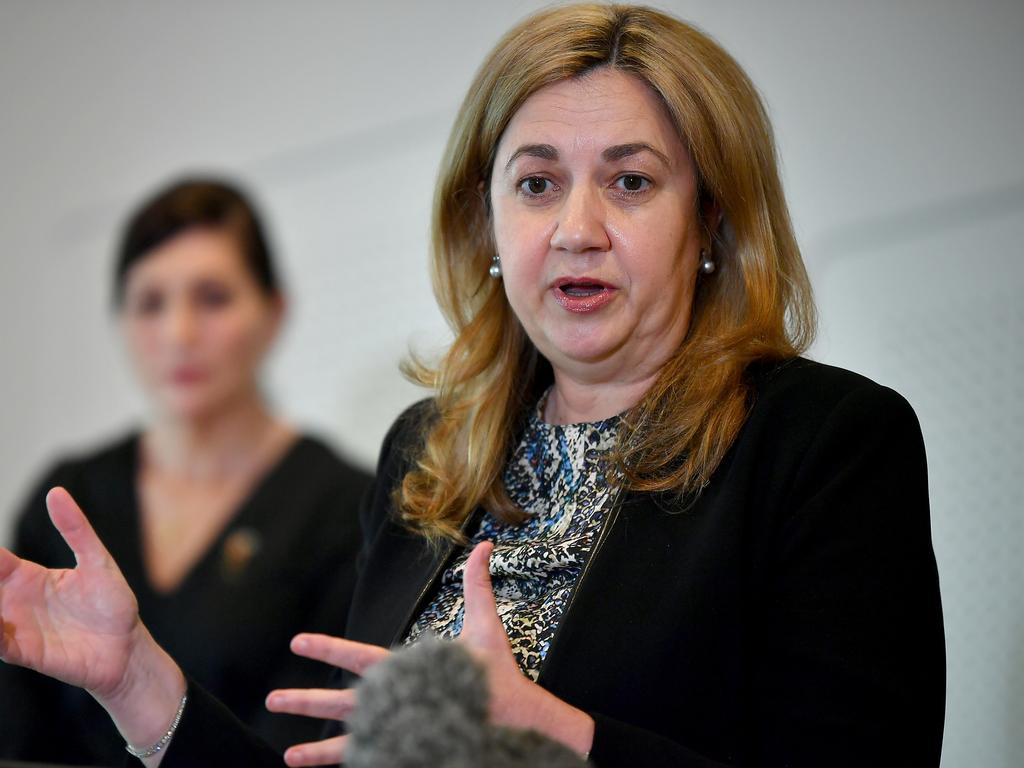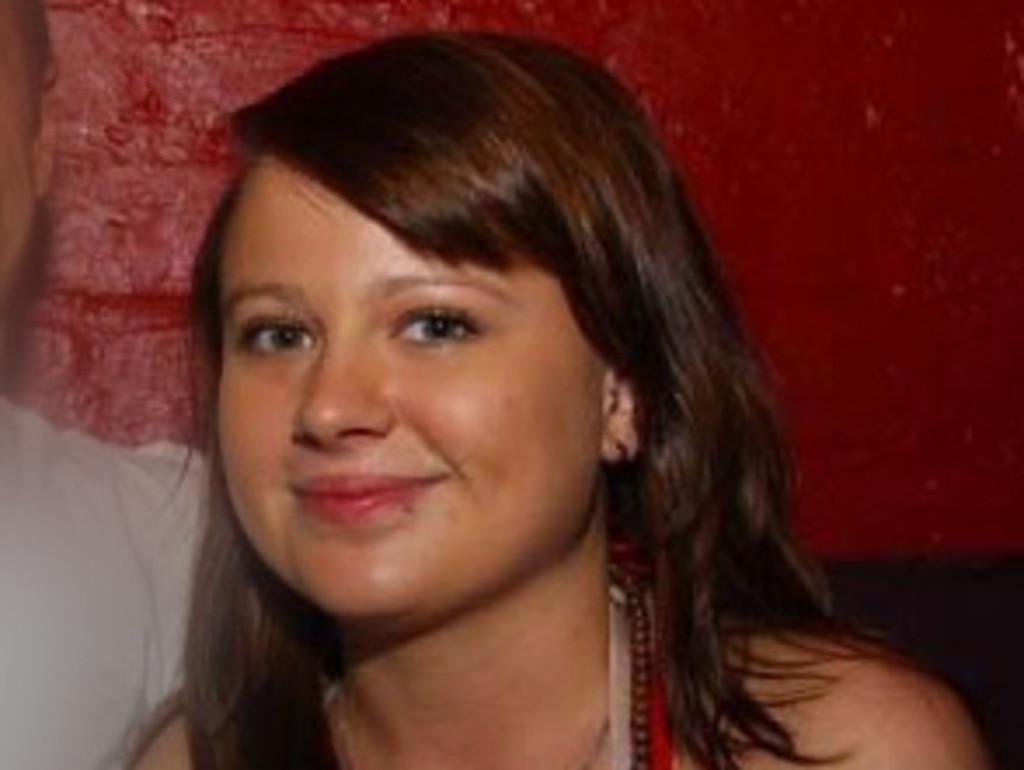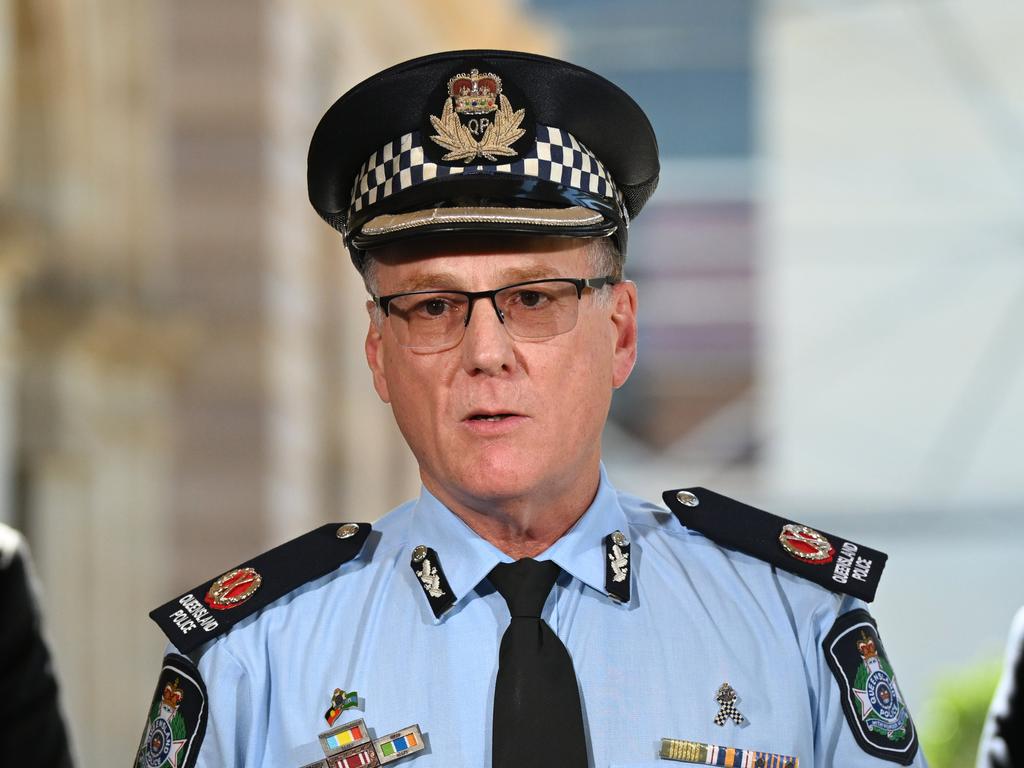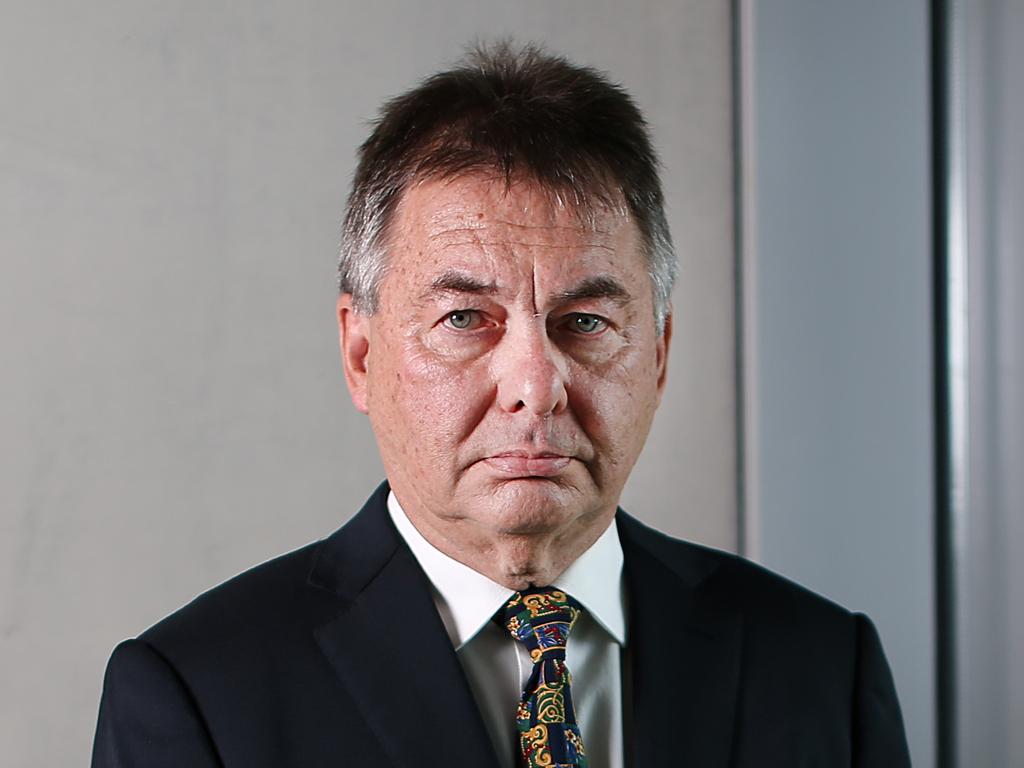Lawyers sought to keep DNA lab defects secret
The peak body representing Queensland solicitors wanted to keep secret explosive findings that forensic scientists had made untrue statements to courts until the end of the year.
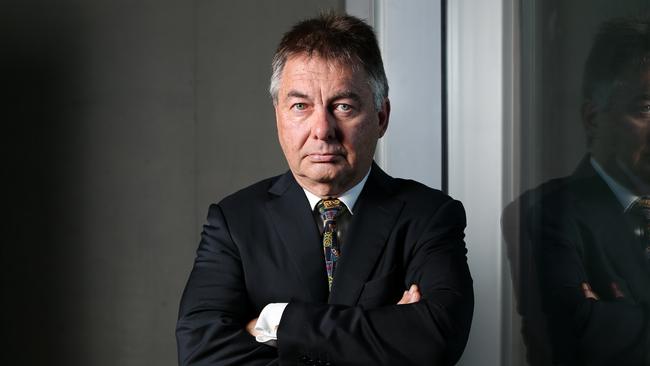
The peak body representing Queensland solicitors wanted to keep secret explosive findings that forensic scientists had made untrue statements to courts until the end of the year.
Retired Court of Appeal president Walter Sofronoff, who is overseeing a royal commission-style inquiry into Queensland’s DNA lab and released an interim report on Tuesday, found scientists at the lab had made misleading statements that DNA could not be found in crime scene samples, or was insufficient to process, when it was possible to generate DNA profiles in some cases.
In a submission to the inquiry, the Queensland Law Society and Legal Aid both cautioned Mr Sofronoff against making the findings public in his preliminary report. Both bodies warned of the “potentially large disruption this interim report might provoke” and suggested the matters be dealt with in Mr Sofronoff’s final report, due in December, after he had more time to examine them.
Mr Sofronoff said the belief in the truth of these statements should not be permitted to continue for a day longer. “I am of the opinion that the practice of putting forward these untrue statements as true expert evidence is a profound issue for the administration of criminal justice, for the integrity of police investigations and for decisions made by victims of crime,” he wrote.
The Director of Public Prosecutions cautioned against labelling the statements, given in court, as untrue fearing it could “skew the complex issue” and undermine confidence in forensic science and the justice system.
Unable to accept that fears about the effects on public confidence could justify the suppression of this truth, Mr Sofronoff recommended every witness statement issued since 2018, when samples were reported as having insufficient or no DNA, be identified and corrected by the lab “without delay”.
The Bar Association, representing the state’s barristers, the police and State Coroner Terry Ryan all agreed the untrue statements be corrected.
Tuesday’s report has prompted the government to order every crime scene sample back to 2018 be fully tested. The exact number of samples will be provided to police, by the lab, within weeks.
A meeting of senior bureaucrats on Wednesday focused on adequate resourcing to ensure retesting of DNA samples was dealt with “swiftly and quickly”.
Queensland Premier Annastacia Palaszczuk said Mr Sofronoff’s 40-page report was perhaps one of the most concerning reports our state has seen”.
Opposition spokeswoman for the prevention of sexual violence Amanda Camm said she had been contacted by a southeast Queensland rape victim who was told the lab could not find DNA on her underwear.
Another woman wrote to Ms Camm on Tuesday: “I haven’t had any form of communication from the lab or the Queensland Police Service – it’s causing me health issues, anger, immense stress, unnecessary anxiety, unworthiness, self-blame, negative self-talk, and now suicidal thoughts.
“I always fear the forensics lab has not taken this seriously. I wait for these results, to find out if these men have been tested, if they will find any DNA. Everyone says they will do what they can but still I have no answers.”
Ms Camm said victims deserved an apology. “The excruciating challenge now for these victims, who have been left to ring a hotline, to wait and see what is tested, means they have to relive the trauma and the serious crime they have already faced.”


